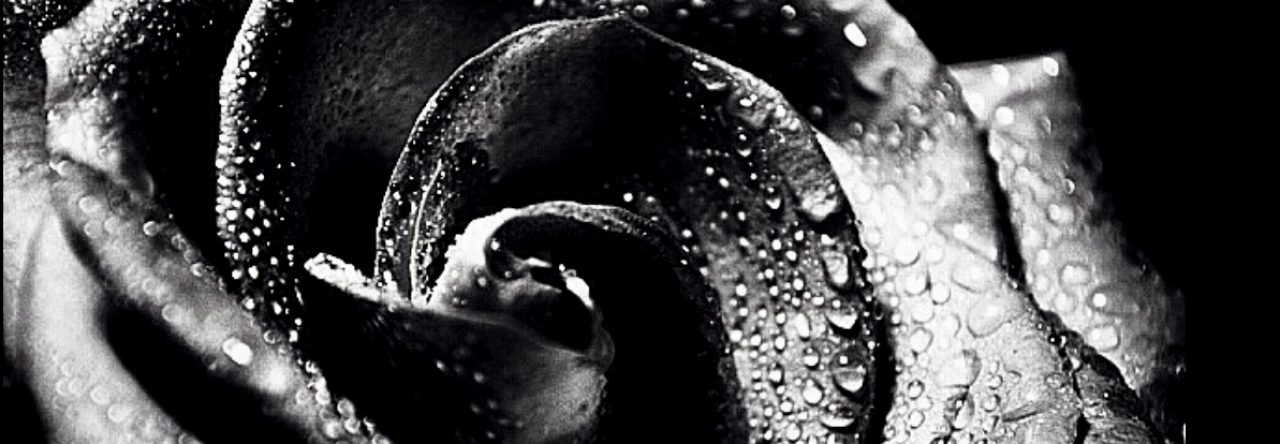Mary Shelley’s classic, Frankenstein, is really an allegory. It’s the parenting memoir she couldn’t write. Parents of pubescents… follow me.
Victor builds what he hopes will be a beautiful, incredible masterpiece. He works tirelessly on his legacy. So intent on accomplishing his ends, Frankenstein doesn’t ask, “Should I?”
Sounds like many parents I know who should’ve stuck with cats. But really, is anybody ready?
Said creation doesn’t turn out the way Victor imagined. In fact, when his creation hits puberty and lumbers around to the sounds of creepy Psycho chords, Victor realizes to his horror: I meant it to be beautiful, but I made… a monster. Too late. What’s done is done. All he can do is damage control. And the monster– it might want love and affection, but it’s hard to say for sure, so irrational and unaware it is. But it wants a girlfriend, of that, it’s certain.
So Victor, for the whole rest of the story is basically wrecked over this creature for which he’d had such high hopes. All he can do is follow it around trying to make sure it doesn’t hurt people. He fails. Parents do. But we keep going to the ends of the earth, like Victor Frankenstein. His monster runs away– of course it does, thinking the grass is greener somewhere else, everywhere else in fact. People get hurt. Ugly words are exchanged. The monster roams and the maker frets.
Frankenstein ends in death. Victor, his wife, his creation. All perish. As for the memoir: the reality of adolescence is that a death occurs there too. Adolescence itself dies and out of the seed springs something entirely new– a rational and beautiful adult. And the grey-souled parents, dead but only half-dead like a bony tree, breathe a sigh of relief.

Brilliant 🙂
Thanks! I checked out your blog. We have a lot in common. I look forward to reading your future posts.
Thanks for the follow!
I loved this
Sent from my iPhone
>
Thanks, Bridgette. Shouldn’t be hitting you for a bit yet. 😉
“Adolescence itself dies and out of the seed springs something entirely new– a rational and beautiful adult.” My favorite line. Love this!
Thanks, Nancy! It’s the most optimistic line, isn’t it?